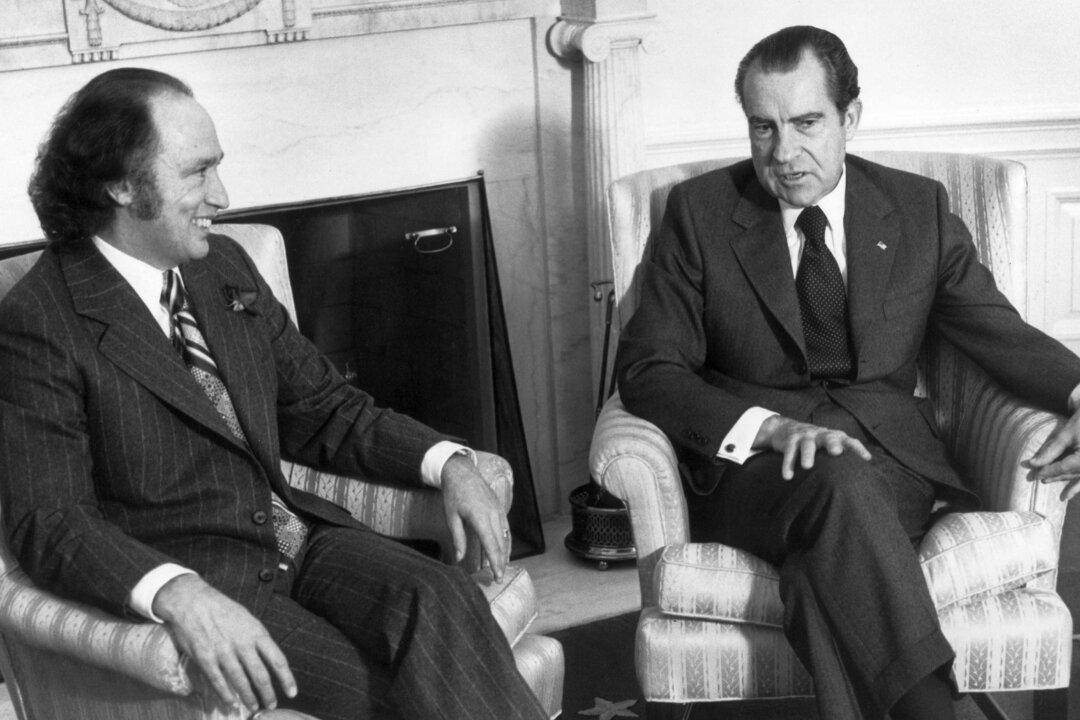Commentary
In 1949, Mao Zedong’s civil war victory on the mainland led to a break in relations between China and the free world that lasted for more than 20 years.

In 1949, Mao Zedong’s civil war victory on the mainland led to a break in relations between China and the free world that lasted for more than 20 years.